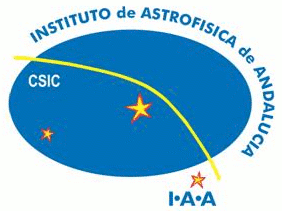According to Stephen Hawking, this is set to be the "century of complexity". The advent of powerful computers - and a range of methods, approaches and intuitions from fields as diverse as statistical physics and sociology, game theory and graph ensembles - is allowing researchers to explore systems in which the whole is more than the sum of the parts as never before. Our understanding of cells, brains, societies and ecosystems, for instance, has already been transformed by this work. But to what extent is complexity really a field? Are there unifying principles or laws to be found in the emergence of complex behaviour in disparate systems? Although there are encouraging signs, a theory of complexity still seems far off. One promising avenue is the study of networks, which provide a simple way of capturing the interactions among a great many elements in a wide class of systems, and of relating structure to dynamics. I will give an introduction to some of the recent advances and challenges in the study of complex systems and networks, and seek to explore with other participants how such work might relate to their fields.
Samuel Johnson






